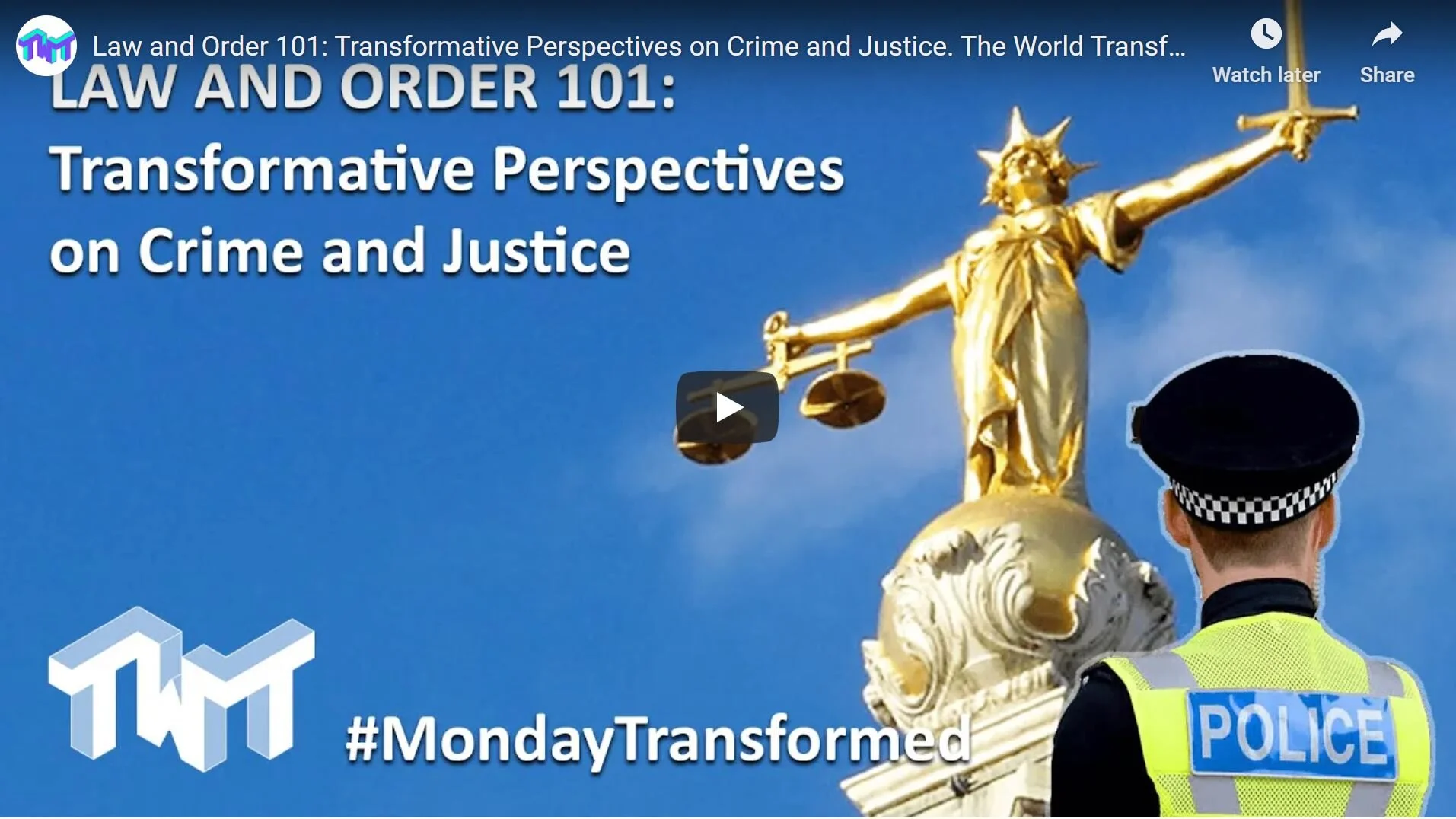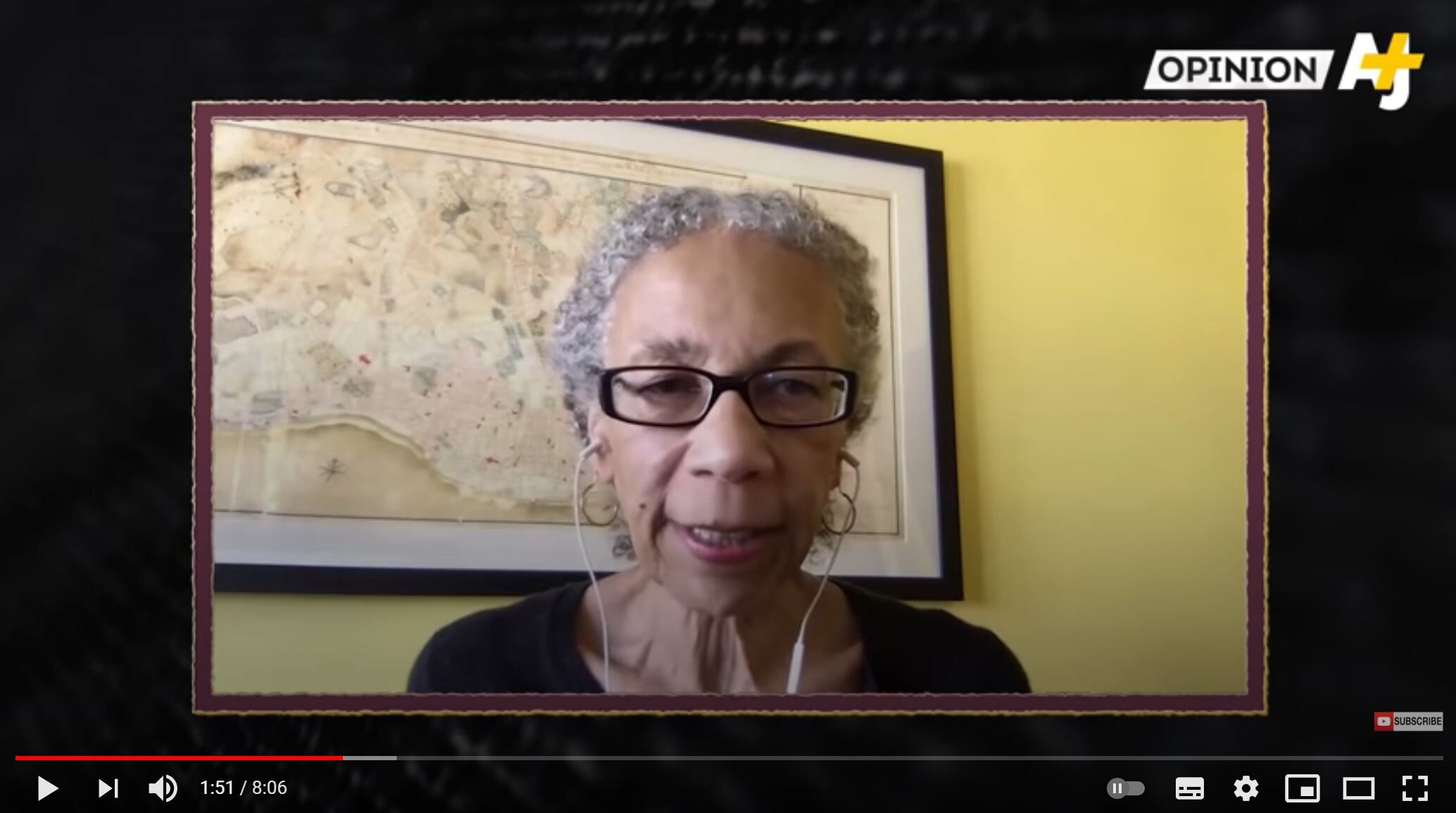News and Comment
Topic
- #KILLTHEBILL
- #killthebill
- 1972
- Abolition
- Abolition & drugs
- Abolition Archive
- Abolition Revolution
- Abolition in the UK
- Abolitionist Digest
- Anthony Lemard
- Anti Colonial
- Anti Fascism
- Archives
- Art & Abolition
- Aviah Sarah Day
- Ball & Chain award
- Ball and Chain Award
- Barlinnie
- Barry Prosser
- Black Lives Matter
- Boo
- Book Review
- Brighton Alternatives to Prison
- Comment
- Cops in Culture
- Crime Prevention
- Criminal Women
- Criminalisation
- Cynthia Jarrett
- Dangerousness
- Deaths in Custody
- Decriminalised Futures
- Defund the police
- Devolution
- Disability Justice
- Douglas Kepper
- Everyday Abolition
- Families Outside in Glasgow
- Feminist Criminology
- Follow the money
- Frank Marritt
- GIP
- Gender based violence
- General Election
- Glenochil Prison
- H Wing Durham Prison
- H wing in Durham Prison
- Hate Crime
- History
- INQUEST
Defund the Police in the UK
This chart breaks down the difference between reformist reforms which expand the scope of policing, and abolitionist steps that reduce the scale of policing and its detremental impact. It is a UK-relevant resource adapted from a poster created by Critical Resistance in the US.
A history of UK abolition
Campaigning against prisons and the police and attempting to build a just world, free of domination and an economy based on mutual cooperation are not new. Here is an overview of the long history of organisations and individuals in the UK working towards these goals, even if all were not explicitly abolitionist.
Prison Abolition and Gender, Racial & Economic Justice’
Opening Roundtable of the Abolitionist Futures Conference in 2018 with Beth Richie, Ruth Wilson Gilmore and Deborah Coles. Friday 15 June 2018
4Front: Abolition NOT Reformation
Sara Chitseko of 4Front writes that body cameras, community policing and police training are not adequate responses to police violence in the UK
Would ‘Defund the Police’ Work in the UK?
Tom Kemp and Koshka Duff discuss what calls to ‘defund the police’ look could look like in the UK.
A world without Prisons?
On June 15th - 18th 2018, activists from around the world gathered in London for Abolitionist Futures: this year's International Conference on Penal Abolition. Over the weekend, there were over 100 presentations and workshops with contributions from 18 countries, bringing activists and community organisers together to plan for a future where prisons, policing and punishment are no longer used.
Understanding Abolition in the UK
Writing for Amaliah, Hejera Begum outlines 3 abolitionist reforms for the UK: Banning police being posted in schools, ending stop and search, and abolishing Prevent.
CAPE: Abolition 101
Campaign Against Prison Expansion put on this excellent panel discussion on prison abolition in the UK.
Transformative Perspectives on Crime and Justice
The World Transformed hosted this excellent panel discussion on police, prisons and immigration enforcement with contributions from Blair Buchanan, Luke Hayes, Dr Tanzil Chowdhury, Rosalind Comyn, Rebecca Roberts, Divya Sundaram and Dr Patrick Williams.
What If Prisons Were Abolished?
In this video, Professor Ruth Wilson Gilmore examines what a society without prisons looks like. She examines the connections between slavery, racial capitalism and the prison industrial complex.
Towards an abolitionist drug policy reform
Imani Robinson notes that harm reduction’s foundations in a radical critique of punishment provides a platform to build alliances between movements that seek to dismantle the ‘war on drugs’ and other other carceral systems.
The war on drugs and the global colour line
In this excerpt from the panel entitled The Transmission Line: Empire & Abolition, Kojo Koram sheds light on how hegemonic approaches to drugs since the mid-19th century have served the expansion of the carceral state and imperialism.
Why stop and search should be abolished
The use of drug criminalisation as the legal basis for some 60% of all stops in England and Wales exemplifies the role of punitive drug policy in expanding the reach and harms of policing.
Women who use drugs and the violence of law enforcement
WHRIN and TalkingDrugs highlight how women and non-binary people who use drugs are developing responses to the harms at the intersection of gender and drug prohibition in ways that provide space to collectively heal and undermine systems of policing, punishment and surveillance.













